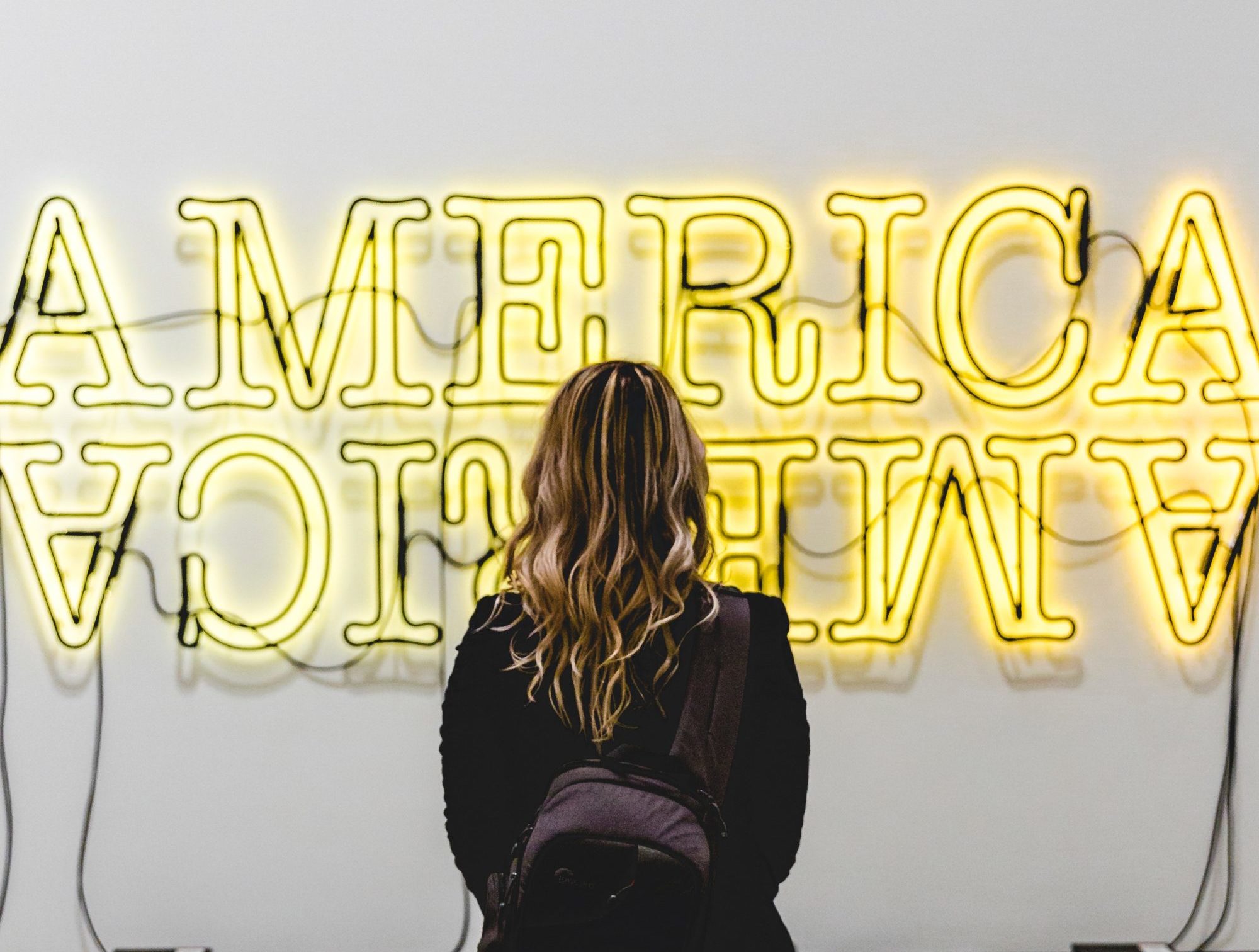America has long attempted to serve as the world’s moral and ethical compass, but a reckoning is long overdue. As residents of the preeminent global power, Americans are accustomed to discussing how the rest of the world should behave. We pontificate on our own set of values and ideals – what it inherently means to be American. We argue over our place in the global body politick, the global economy, over interventionism and humanitarian aid. We write long academic thought pieces on whether or not America has lost its prominence as a world leader. We debate when and how our allies should pay their fair share for our collective peace and security.
But we’ve never truly come to terms with our history, our troubled past, on race relations. Now, on both sides of the aisle, the cracks in our foundation are truly beginning to show.
It’s not just Ralph Northam’s yearbook problem on the first day of Black History Month. He and Mark Herring and Tommy Norment (a former adjunct law professor of mine) are simply the latest to be caught up in the vitriol surrounding decades of abuse of marginalized communities. The problem is in Baltimore with a former police officer. It’s in old UNC-Chapel Hill yearbooks. It’s in Florida with their own Secretary of State. And it’s in the “good ole boy” system that raised them. The trend is very real: leaders who have, for decades, failed to recognize how their own racist behavior can transform into inherent bias and affect their decision-making processes.
Of all the issues that plague us that we work so diligently to resolve, why does it so often feel like race is the hill we refuse to climb?
But it’s not who they are or what they now represent. These are men that, for decades, have championed diversity. They have advocated for the need for pluralism, for diversity in strength. Those who have fought to protect marginalized and maligned voices are now fighting to explain why they promoted some of the most harmful and hateful stereotypes against those communities. These images, these deeds of their past, they argue, are not the men they’ve built themselves to be. Yet, here we are.
So, if it’s not who they are now, or who they were then, what was — or is – this problem really about?
It is rooted, at best, in a long history of apathy, a lack of empathy, and an egregious deficit of understanding on race. The examples I mention above are far from the only results of this system — they are just the latest reminders that we have such a long way to go, notwithstanding how far we’ve come. The remnants of our past ills are not remainders, but instead unhealed wounds we have long looked to ignore.
Still, it becomes more difficult by the day for America to espouse what is or is not the moral high ground, as we continue to live under a veil of hypocrisy. For decades now, we’ve fought to be a force of good that works for global stability and fights for what is right. But here on our own shores, we continue to struggle in addressing injustice. We fail to understand these issues that cause division within our own communities. We discuss what foreign policy is, what diplomacy should be, and what tools are wise and rational to maintain within our collective arsenal. All the while, people continue to experience injustice based on the color of their skin or ethnicity.
Of all the issues that plague us that we work so diligently to resolve, why does it so often feel like race is the hill we refuse to climb? As a country, if we are to continue to evolve and move forward we must learn to deal with the pains of our previous oppression directly and honestly, lest we fall further behind.





















